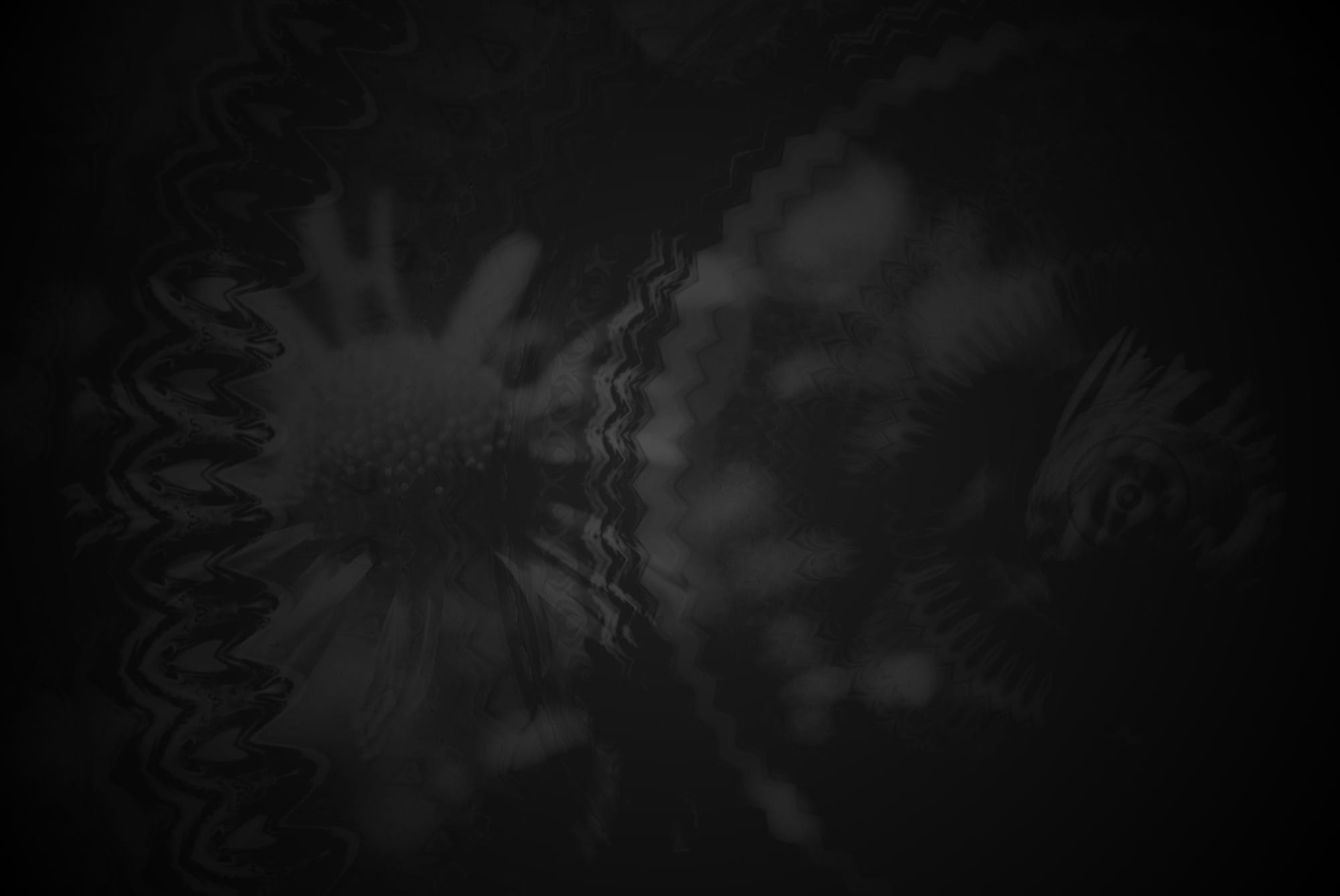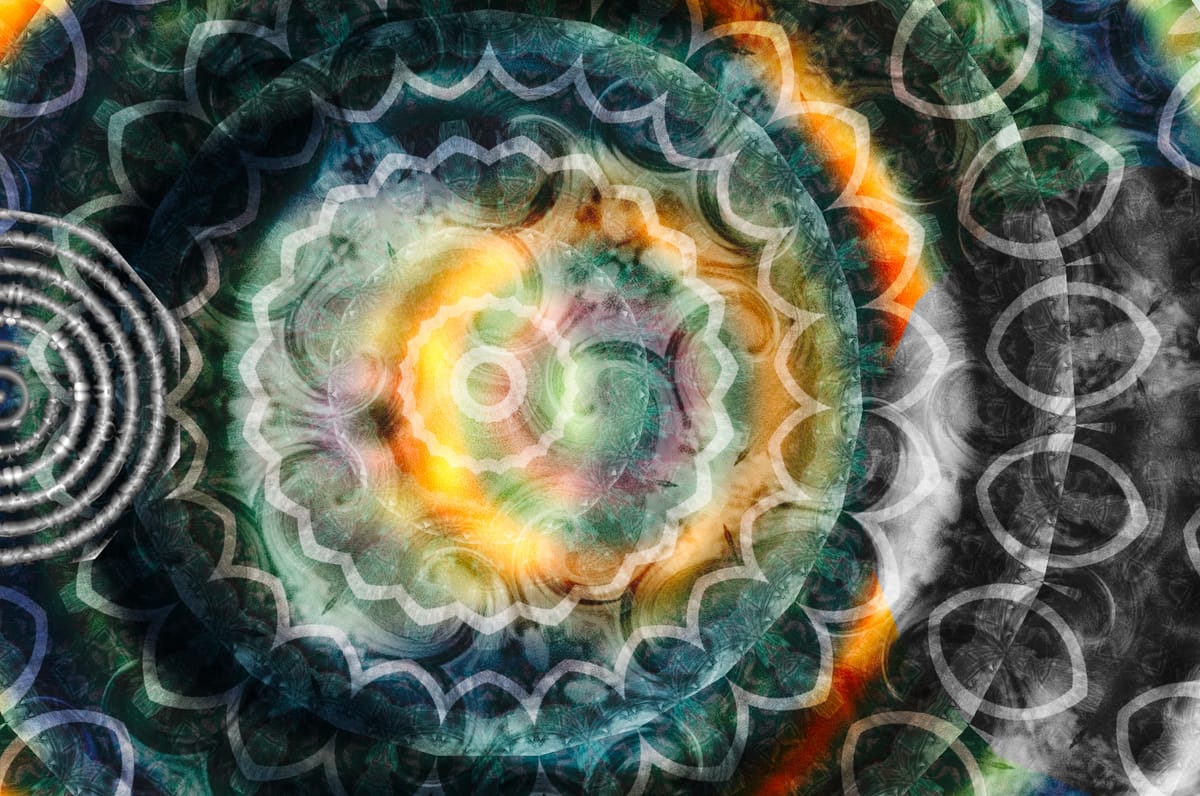The character 魄, Pò, corporeal Soul, is composed of two radicals: on the left 白, Bái, white. On the right 鬼, Guǐ, ghost, demon, spirit. The white colour relates to the Lung; globally, this character suggests the idea of a spectrum living in it. Both the ethereal Soul and the corporeal Soul belong to the spectrum world (鬼, Guǐ), and this is why they are characterised by a movement that takes the first towards the spirit of the Heart (心神, Xīn shén) and the second towards the Essence (精, Jīng).

The Corporeal Soul — Po — is considered the foundation of life and is said to reside in the organs and tissues. It maintains vital functions such as breathing, circulation, digestion, and elimination. Additionally, the Po soul is thought to play a role in our physical sensations of hunger, thirst, and the need for sleep. The Corporeal Soul (Pò) is a complementary part of the Ethereal Soul (Hún).
The Chinese culture has always placed great importance on protecting skeletons and bones after death. This is because the corporeal Soul is believed to remain in the skeleton until it is entirely disintegrated. The corporeal Soul attaches itself to the body on the third day after conception, and, after death, it leaves the body through the anus — the door of the Corporeal Soul (魄门, Pò Mén) — to return to the earth, its origin. The Corporeal Soul relates to the Essence (精, Jīng) in managing specific physiological processes. In contrast, the Ethereal Soul relates to the spirit of the Heart (心神, Xīn Shén) and contains the psyche and spiritual functions.

The Corporeal Soul is the somatic manifestation of the Soul, responsible for physical sensations and feelings. It resides in the Lungs and plays a crucial role in all physiological processes in the body. The Essence (精, Jīng), on the other hand, is the foundation for a healthy body and is responsible for many physiological processes. The close connection between the Corporeal Soul and the Essence means that the Essence also plays a vital role in protecting the body from external pathogenic factors. By improving the strength of the Essence, we can enhance the body's ability to combat harmful external factors.
It is like this. The long-term depots are storage depots containing our spirit qi. Hence, the liver stores the hun; the lung stores the Po; the Heart stores the spirit; the spleen stores sentiment and wisdom; the kidneys store the Essence and the Mind. [1]


